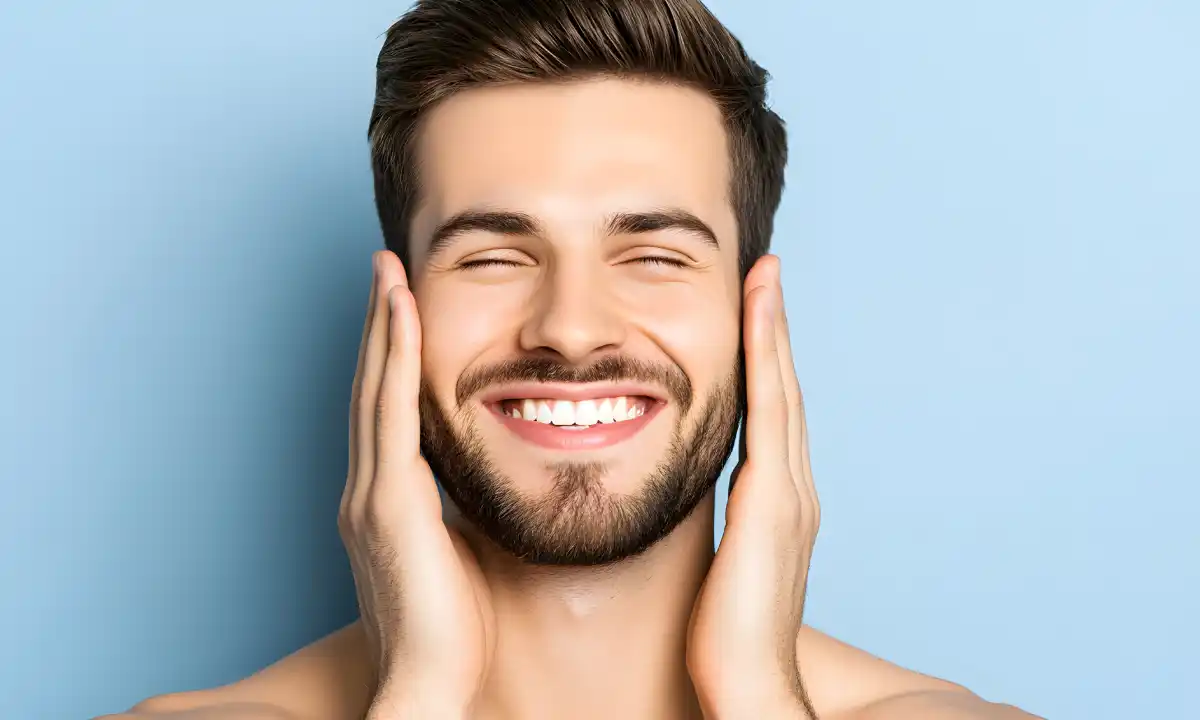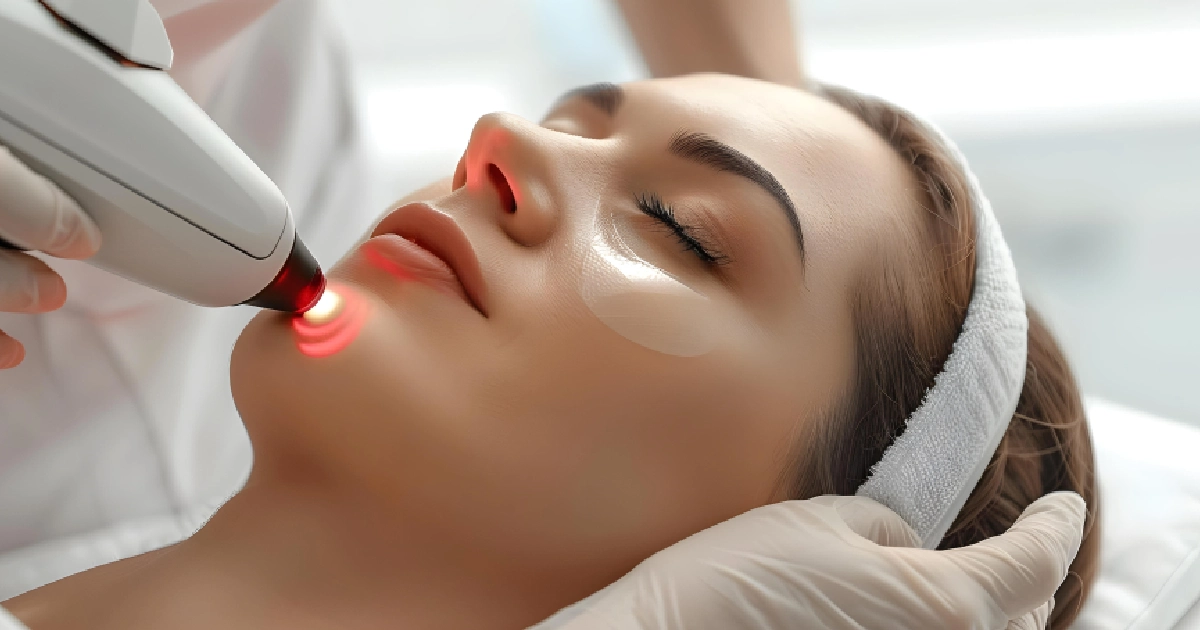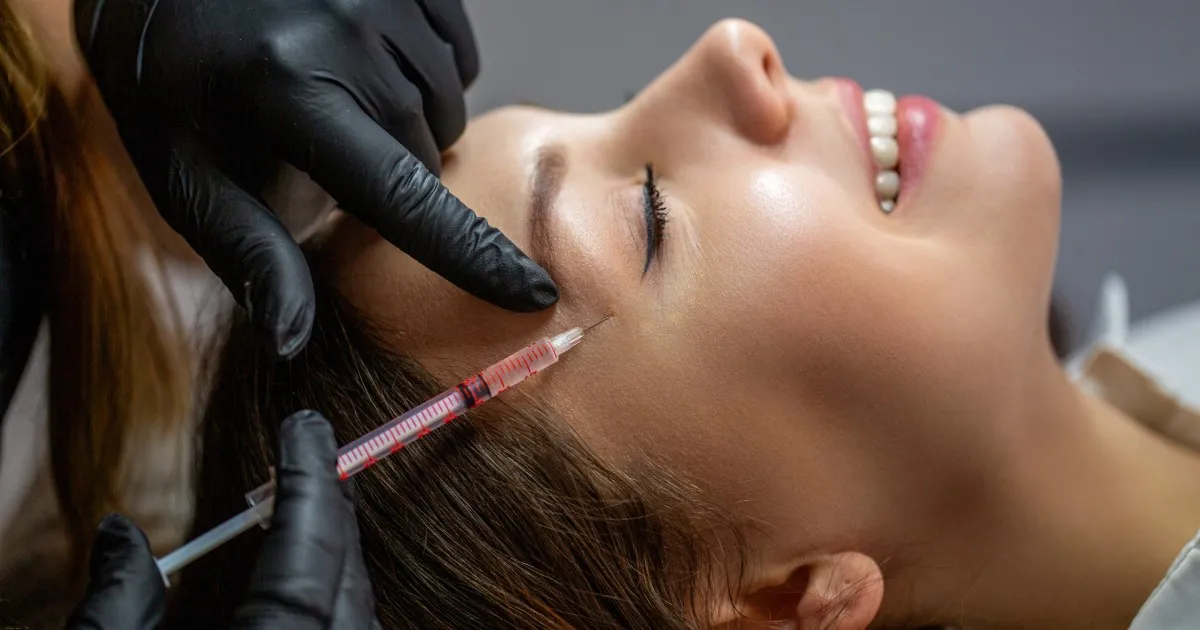Hair loss is an increasingly prevalent issue that affects many people worldwide, which makes them actively look for effective treatment solutions. The debate between natural remedies and chemical treatments for hair loss is ongoing, with proponents on each side advocating for the benefits of their preferred methods. Let’s examine the effectiveness of both approaches, highlighting key aspects such as efficacy, safety, and cost.
Understanding Hair Loss
Before we compare treatment methods, it’s important to understand what causes hair loss. Hair loss can result from genetic factors, hormonal changes, nutritional deficiencies, stress, and medical conditions. The most prevalent form of hair loss, known as androgenetic alopecia, manifests as a patterned reduction and thinning of hair caused by an interplay between genetic predisposition and hormonal influences.
Chemical Treatments for Hair Loss
Progresses in the medical field have paved the way for the creation of potent chemical treatments for hair loss, a troubling condition impacting vast numbers worldwide. These treatments encompass topical applications and oral medications, with each option exhibiting a distinct mode of operation and proven track record of effectiveness.
Topical Solutions
Minoxidil: One of the most well-known topical treatments for hair loss is Minoxidil, commonly sold under the brand name Rogaine. It is an over-the-counter medication that can be used by both men and women. Minoxidil works by widening the hair follicles, which allows for thicker strands of hair to grow.
Additionally, it prolongs the growth phase of the hair cycle, resulting in longer hair and a higher number of hair strands. Typically, Minoxidil needs to be applied twice daily, and results can take several months to become noticeable.
Oral Medications
Finasteride: Primarily used by men, Finasteride (marketed as Propecia and others) is an oral prescription medication that treats male pattern baldness by inhibiting the production of dihydrotestosterone (DHT). Dihydrotestosterone (DHT), a hormone produced from testosterone, plays a pivotal role in the hair loss process, especially in androgenetic alopecia.
Finasteride decreases DHT levels, thereby slowing the progression of hair loss and, in some instances, stimulating new hair growth. However, due to potential risks during pregnancy, women are generally cautioned against using Finasteride.
Dutasteride: Similar to Finasteride, Dutasteride is another DHT blocker. While it is not FDA-approved specifically for hair loss treatment (unlike Finasteride), it is often prescribed off-label for this purpose. Dutasteride is believed to be more effective than Finasteride at lowering DHT levels, thus potentially offering enhanced hair growth results.
Combination Therapy
Many dermatologists recommend a combination of treatments to achieve the best results. For example, using Minoxidil alongside Finasteride can provide a synergistic effect, enhancing hair regrowth and slowing down hair loss more effectively than either treatment alone.
Side Effects and Considerations
Although chemical options for addressing hair loss can demonstrate significant efficacy, they are accompanied by the possibility of experiencing undesirable side effects. Minoxidil may cause skin irritation, redness, and unwanted hair growth on adjacent areas like the forehead or face. Finasteride and Dutasteride can cause sexual side effects, including decreased libido, erectile dysfunction, and in some cases, psychological effects such as depression.
Natural Remedies for Hair Loss
While chemical treatments are popular and effective, natural remedies often attract those looking for gentler, more holistic options. Let’s examine several of the most popular natural treatment alternatives for combating hair loss.
Essential Oils
Rosemary Oil: Often compared to minoxidil for its ability to enhance hair growth, rosemary oil is a popular choice for natural hair loss treatment. Studies suggest that rosemary oil may stimulate hair follicles, encouraging growth and preventing premature hair loss.
Peppermint Oil: Renowned for its revitalizing qualities, topical application of peppermint oil has been found to enhance blood circulation in the scalp area. This increased blood flow can invigorate hair follicles, potentially leading to improved hair growth.
Lavender Oil: With its soothing and anti-inflammatory properties, lavender oil is beneficial for reducing scalp inflammation and promoting hair growth through its regenerative properties.
Herbal Supplements
Saw Palmetto: Extracted from the fruit of the Serenoa repens tree, saw palmetto is another natural DHT blocker, similar to the action of finasteride. It’s commonly used to improve hair thickness and reduce hair fall.
Pumpkin Seed Oil: Certain research studies have suggested that pumpkin seed oil may increase the number of hairs in men affected by androgenetic alopecia, indicating its potential as a beneficial natural treatment option for combating hair loss.
Nutritional Supplements
Biotin: Vitamin B7, or biotin, is necessary for both cell division and the synthesis of keratin, a protein that is necessary for strong, healthy hair. Biotin deficiencies can lead to weakened hair structure and hair loss.
Zinc: This mineral is crucial for healthy hair follicle function. A deficiency in zinc can lead to telogen effluvium (a form of hair loss) and make the hair follicles more susceptible to damage caused by hormonal imbalances.
Dietary Changes
Maintaining a well-balanced diet abundant in vitamins, minerals, and protein is imperative for promoting healthy hair. Incorporating foods rich in vitamins A, C, D, E, iron, selenium, and omega-3 fatty acids can nourish the scalp and hair strands, reducing hair loss and stimulating new hair growth.
Scalp Massage
Regular scalp massages not only feel great but also increase blood circulation to the scalp. Such dietary practices can nurture the well-being of hair follicles and cultivate an optimal environment conducive to enhanced hair growth. Combining scalp massages with oils such as rosemary or coconut oil may enhance the benefits.
Advanced Treatments and Expert Interventions
While over-the-counter options and natural remedies provide some relief, professional treatments often offer more advanced and potent solutions for those experiencing significant hair thinning or baldness. Here’s an overview of the most effective professional remedies for hair loss currently available.
Hair Transplant Surgery:
- Follicular Unit Transplantation (FUT): Involves transplanting strips of hair from denser to thinner areas.
- Follicular Unit Extraction (FUE): Individual follicles are extracted and transplanted, minimizing scarring.
Scalp Micropigmentation (SMP):
- A cosmetic tattooing technique where pigment is applied to the scalp to provide the appearance of a closely shaven scalp.
Platelet-Rich Plasma (PRP) Therapy:
- This procedure involves injecting a concentrated solution of platelets derived from the patient’s own blood into the scalp region to stimulate hair growth.
Laser Therapy:
- Low-Level Laser Therapy (LLLT): Uses therapeutic soft lasers or LEDs to stimulate hair follicle activity and promote growth.
Advanced Hair Systems and Wigs:
- Custom-designed hairpieces and wigs that provide an immediate aesthetic solution to hair loss.
Key Considerations in Decision Making
In order to select the most suitable and efficacious hair loss treatment, it is crucial to carefully evaluate and consider several essential factors tailored to your specific requirements. Here are some of the primary considerations:
- Cause of Hair Loss: Identify the underlying cause of your hair loss to select the most appropriate treatment.
- Treatment Efficacy: Investigate the effectiveness of various treatments specifically for your type of hair loss.
- Safety and Side Effects: Assess the potential side effects of different treatments to understand their safety profile.
- Cost and Accessibility: Evaluate the financial implications and availability of the treatments you’re considering.
- Treatment Duration and Maintenance: Consider how long it will take to see results and the ongoing commitment required.
- Personal Health and Medical History: Consider your overall health and medical conditions to ensure the treatment is safe for you.
- Lifestyle Considerations: Reflect on how a treatment will integrate into your daily life and routine.
- Expert Opinions and Consultations: Seek advice from medical professionals to obtain tailored suggestions that address your specific needs.
The choice between these treatments depends on personal health, the cause of hair loss, budget, and personal preferences regarding treatment invasiveness and sustainability. Consulting with a healthcare provider specializing in dermatology or trichology can provide guidance tailored to an individual’s specific condition and needs, helping them effectively navigate the complex landscape of hair loss solutions.
Conclusion
While chemical hair loss treatments boast clinical backing for efficacy, natural remedies offer a gentler, holistic approach, necessitating professional consultation to ensure optimal individual outcomes. Experience the next generation of hair loss treatment at Secrets Aesthetics and Wellness Center in Orlando, Florida. Our state-of-the-art PRP Hair Therapy and Hair Restoration with Exosomes offer innovative, non-surgical solutions specifically designed to combat hair loss and thinning and help you achieve a fuller, more vibrant appearance.



